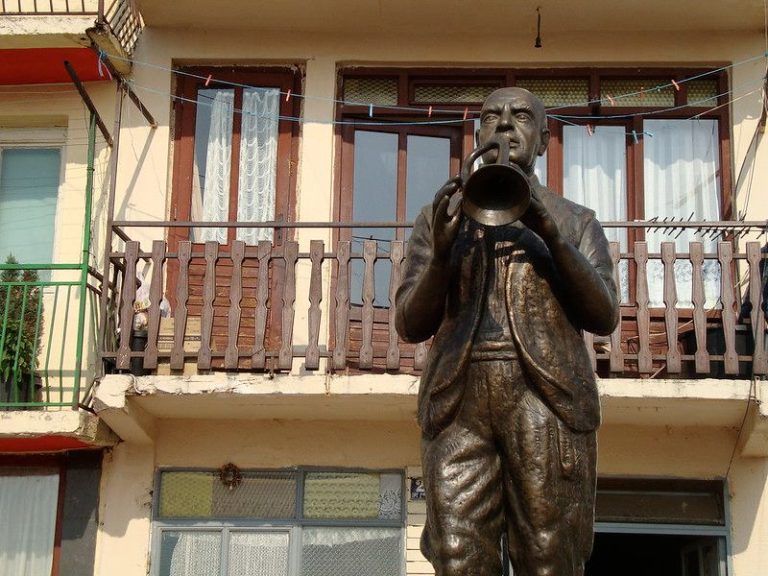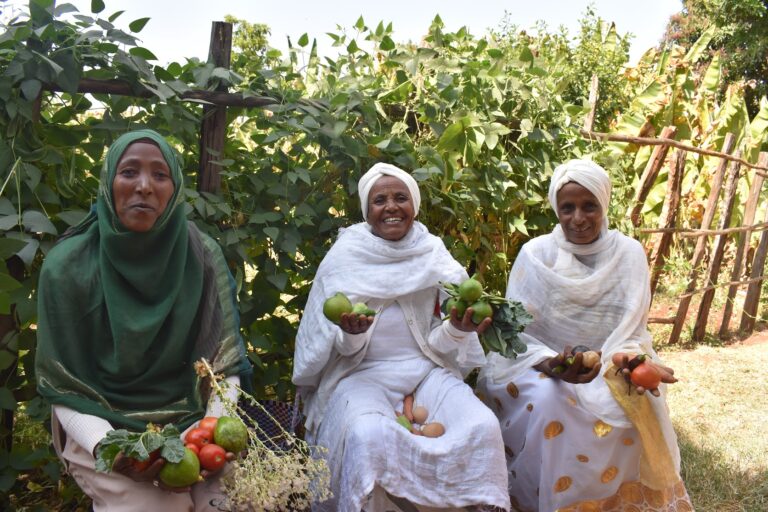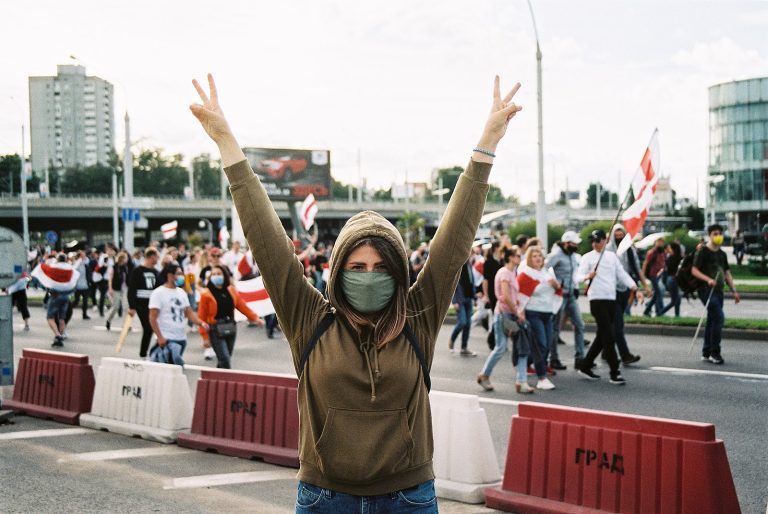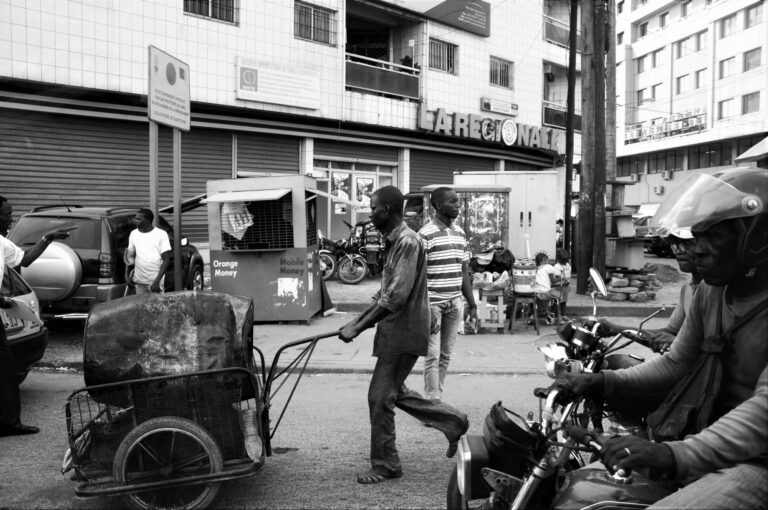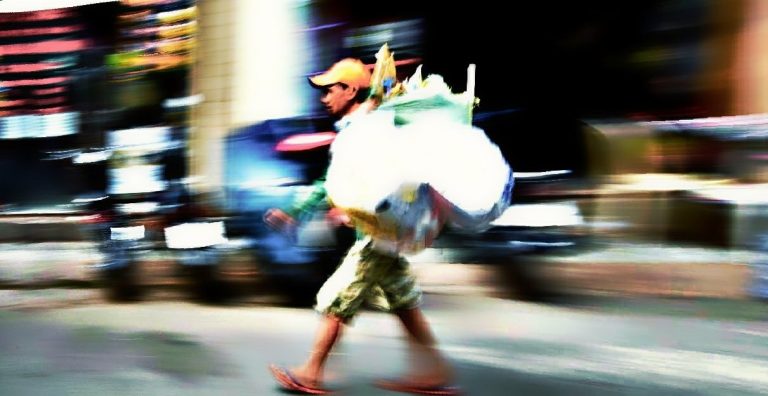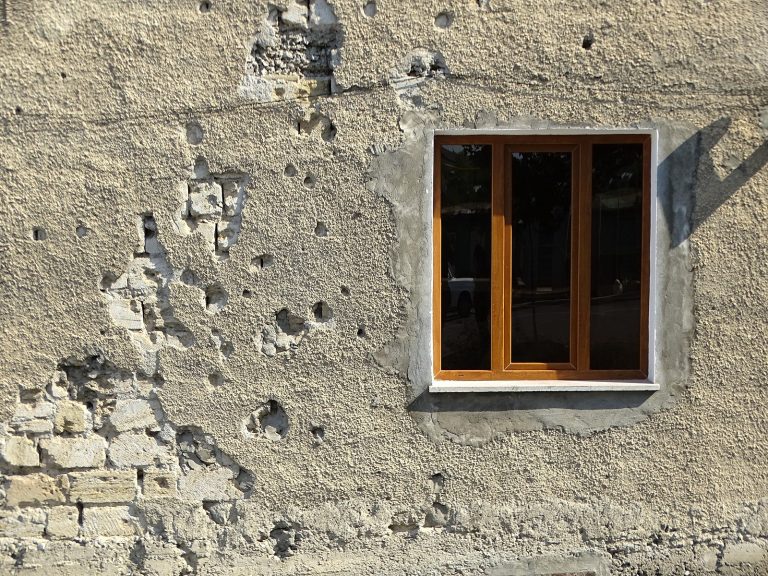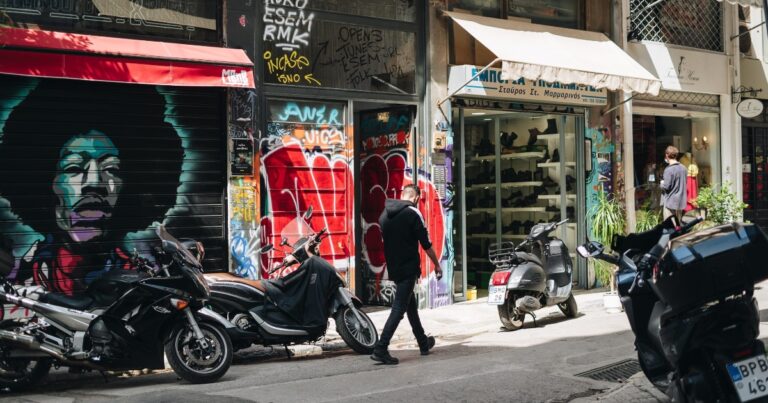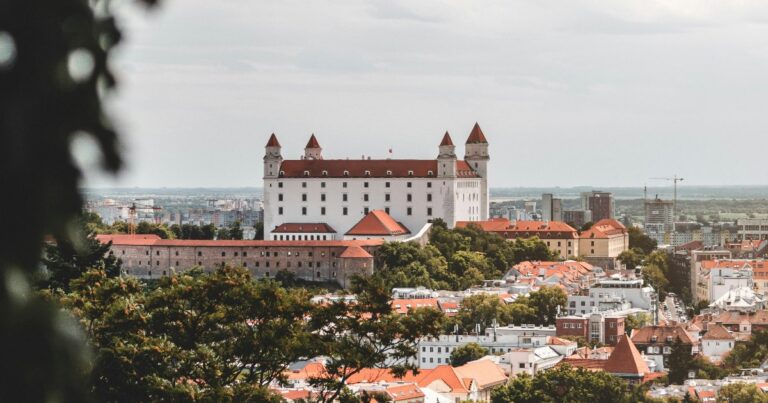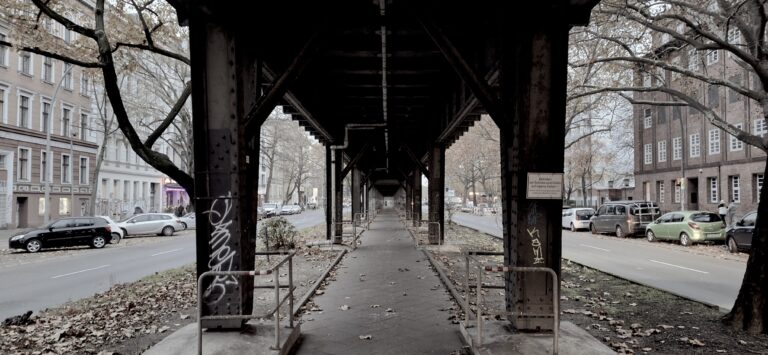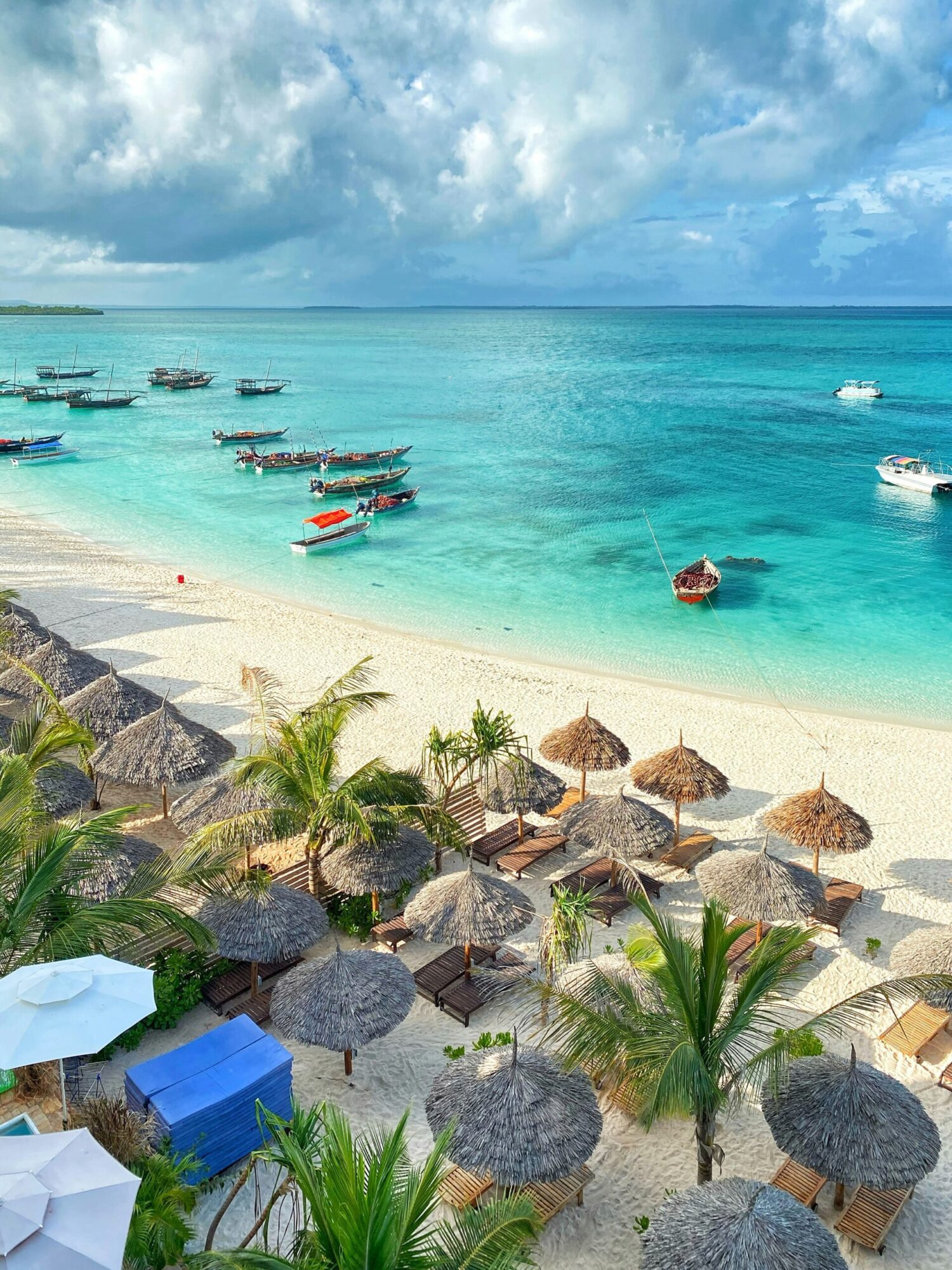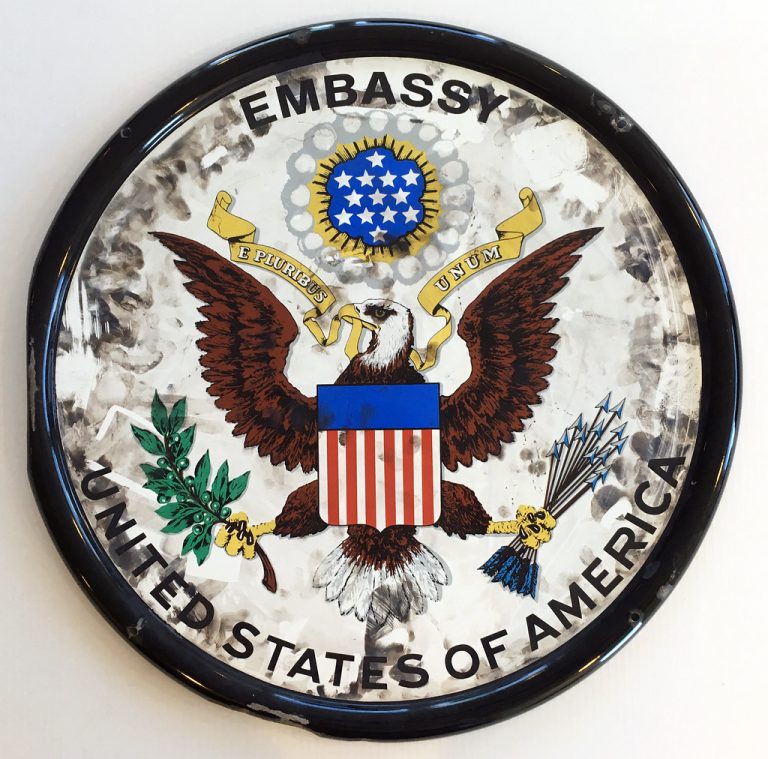The Calais ‘jungle,’ a makeshift encampment housing thousands of migrants trying to make the journey from Northern France to the United Kingdom, sprang up around five years ago, at the height of Europe’s migrant crisis. And although authorities have attempted to crack down on smuggling groups and dislodge the encampment, migrants have continued to flock to the city unabated ever since.
This interview was originally published on December 5, 2021, in Lazo Magazine’s weekly newsletter. It’s a conversation between Lazo Magazine’s founder and Editor-In-Chief, Cristina Maza, and Abdul Saboor, an Afghan photojournalist based in Calais, France.
At least 27 people died this week, making a desperate attempt to leave the port city and cross the English Channel.
This week, I had a quick chat with Abdul Saboor, an Afghan photojournalist based in Calais, about his journey to the city and why people want to leave it.
Cristina: Where are you from originally, and how long have you been in Calais?
Abdul: I’m from Afghanistan. I’ve been in Calais now for about three and a half years. I left Afghanistan because life was hard. I worked with the U.S. Army, and I was shot and injured a few times. Then the U.S. left the city where I was working. They all went home, and I was left on the ground there, so I decided it was time to leave.
Cristina: How did you travel to France from Afghanistan?
Abdul: Walking. I crossed borders on foot. It took me two years. I stayed in forests, mountains, refugee camps, ‘jungles,’ anywhere I could find. I passed through Pakistan, Iran, Turkey, Bulgaria, Serbia, Croatia, Hungary, Slovenia, and Italy. After that, I traveled to France and then Belgium and Spain. Eventually, I went back to France, and I have been here ever since. It was a very long, long trip.
Cristina: How did you support yourself during that time?
Abdul: When I was traveling, I did a little bit of photography. My family sent me a little bit of money for food. Now I teach photography at a university one day a week, and I sell my photos.
Cristina: I know that there has been a recent uptick in the number of people trying to cross from Calais to the United Kingdom. Why is that happening now?
Abdul: Because the weather is bad. The camps are like hell. They are cold, windy, and rainy. They are so cold. People are finding the camps very difficult. They don’t have enough to eat. A lot of people made a quick decision to leave. Many people go with traffickers. Some people try to go alone, but some go with traffickers. It’s because they are in the camps, and they think, ‘what else can I do?’
Cristina: How much do the traffickers charge for their services?
Abdul: Different people charge different amounts. Some people charge €3,000, some € 2,000, or some people say € 5,000.
Cristina: How many people do you estimate are in the camps now?
Abdul: I think there are maybe around 2,000 people. There are a lot of Kurds. There are people from Iraq, Iran, Pakistan, Afghanistan, Sudan, Mali, Eritrea, really everywhere.
Cristina: What is the relationship between the people in the camps and the French authorities?
Abdul: The police are harassing people. Police are trying to evict people. They cut their tents. They give them a very difficult time.
Cristina: Why do people want to go to the U.K. instead of staying in France?
Abdul: Most people going to the U.K. tried another European country first. I don’t want to go to the U.K. because I have asylum in France. They didn’t get asylum, so they decided to go to the U.K. once they were rejected.
You can find out more about Abdul and his work here.
